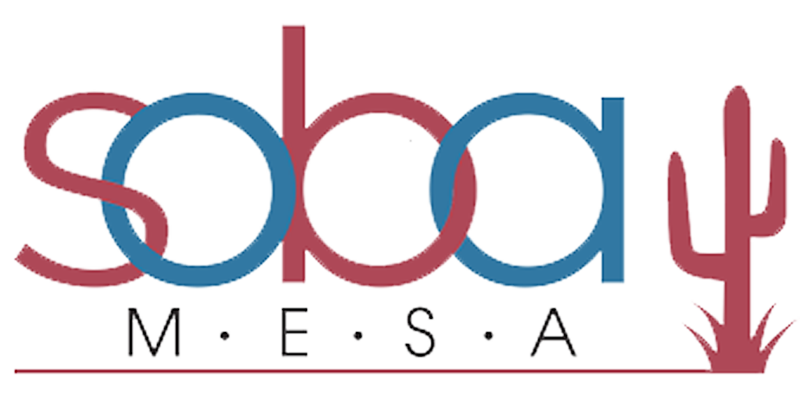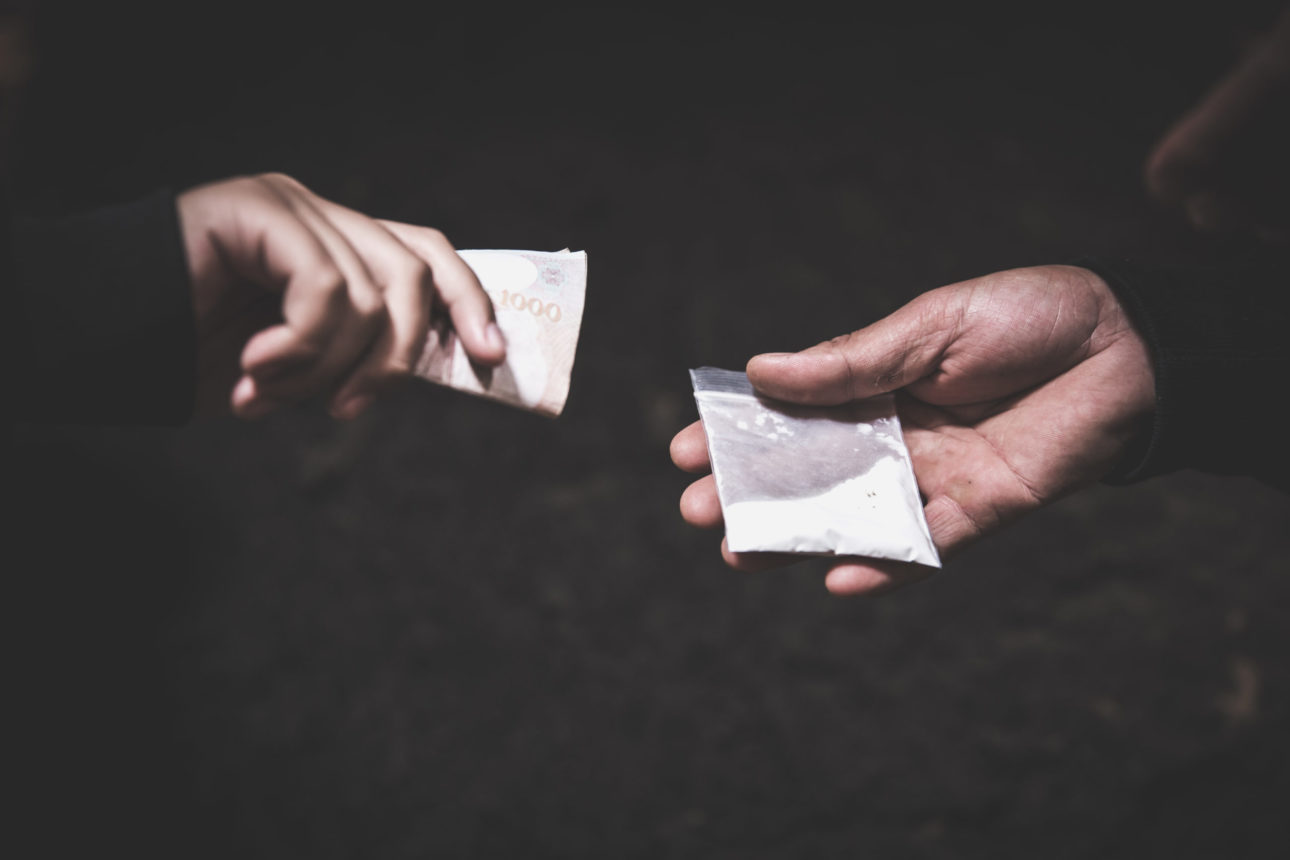Cocaine is a highly addictive drug whose addiction can be challenging to end on your own. It comes in different forms commonly as a white powder. To end the addiction, one has to have an understanding of the options available, the benefits of quitting and the various experiences of those who have tried to quit and succeeded.
SIDE EFFECTS OF COCAINE USAGE
Cocaine is a stimulant that causes the heart to beat faster and blood vessels to constrict, leading to high blood pressure, heart attack, convulsions, seizures, and stroke. The usage of cocaine is one of the leading causes of cardiac arrest. The most important consequences of cocaine addiction are emotional, psychological and social. Cocaine addicts have strained relationships with family and friends.
Cocaine usage increases your level of alertness, energy, and attention. The short term effects of cocaine include,
- Intense happiness
- Anger or irritability
- Paranoid feeling
- Decreased appetite
- Increased sensitivity to sight and sound
COCAINE WITHDRAWAL SYMPTOMS
Most withdrawal symptoms of cocaine are emotional and not physical. These include
- anxiety
- depression
- moodiness
- hallucinations
- delusions
- Cocaine addicts trying to fight the addiction on their own face the challenges of lack of support and proper programs to deal with the addiction. They equally have difficulty dealing with the withdrawal symptoms on their own. https://drugabuse.com/treatment/
RECOVERY AND ADDICTION TREATMENT
Cocaine addiction treatment must be customized to fit into the needs of each individual. To first admit that one has an addiction problem is the first step to recovery. A personalized program will be made to address the underlying causes of addiction.
Programs will have a holistic approach to different therapies with professional and experienced staff in the field of treatable psychological disorders. This will ensure that they get long term care for drug addiction.
DRUG ADDICTION TREATMENT PROGRAMS
There are structured recovery programs that benefit addicts of cocaine through professional help or the experiences of others. Such settings include
- Residential or inpatient rehab programs offer a supportive place to live in as you recover from the addiction. This program will consist of the initial detox, individual and group therapy, aftercare planning and medical monitoring.
- Outpatient rehab facilities where one is not required to live in the facility but receives the same care received in a residential rehab program. https://sobamesa.com/treatment-program/
- Individual therapy that gives access to medical professionals who assist in restructuring a program that will help in dealing with the inevitable issues emerging from the addiction treatment.
- Group counseling provides support through the sharing of experiences and challenges while going through the treatment.
TREATMENT APPROACHES
- DETOXIFICATION – Medical detoxification is provided by a medical professional under the inpatient facility and is under 24 hours of supervision. To minimize risk and alleviate discomfort, medication is prescribed at the discretion of medical practitioners. Detox services are provided three to seven days, depending on each client’s needs. Patients can enjoy recreational activities, and home-cooked meals, acupuncture and group counseling.
- SOBER LIVING – A structured multi-faceted program has been developed to assist in long term recovery.
- SECONDARY CARE – This is the most crucial time for a patient recovery to either diminish or prosper. Secondary care assists a patient in getting the confidence to live outside the facility among sober people while getting outpatient care. Essential life skills are trained at this level to allow the patient to live a healthy life. This stage could take weeks or months depending on the needs of the patient, progress and treatment time frame. Necessary self-care skills are also emphasized on a daily basis as its easier to maintain a clear state of mind in a physically clean environment. Transportation is made available for regular meetings and appointments. Components of the sober living program are made to incorporate effective ways of reshaping addict lives while undergoing outpatient treatment. The treatment philosophy emphasizes the importance of an extended period on a structured treatment program.
RELAPSE PREVENTION
There are three stages of relapse, emotional, mental and physical relapse. Emotional relapse is when a patient is not thinking about consuming the drugs, but his emotions and behavior are setting him up for a possible relapse. Signs of emotional relapse include anxiety, anger, isolation, defensiveness or not asking for help. Relapse, in this stage, can be prevented by not isolating yourself and asking for help. Self-care should also be emphasized by either observing proper sleeping patterns, eating a healthy diet or rewinding.
In mental relapse, a patient is thinking about consuming drugs. They will visit old friends who are drug addicts and plan on how to access the drugs. To avoid this, the patient needs to inform a friend or look for a useful distraction. Giving your urges time to pass is also an essential technique as they may not last long.
Physical relapse is when a patient gets drugs for consumption. It’s best that this is prevented earlier on in the stages of relapse.



